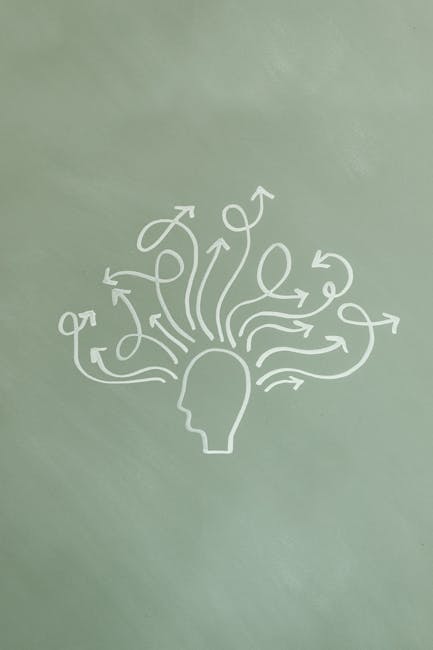
Imagine a future where the devastating fog of Alzheimer’s disease lifts, and lost memories return. What was once a distant dream is now a vibrant glimmer of hope, thanks to a groundbreaking study revealing gene therapy’s incredible ability to reverse memory loss in mice models of Alzheimer’s. This isn’t just about slowing progression; it’s about a potential ‘brain reboot’ that could fundamentally change how we approach this cruel disease.
Alzheimer’s disease, affecting millions globally, relentlessly steals memories, independence, and identity. It’s a neurodegenerative disorder that has, for too long, seemed an unstoppable force. Current treatments largely focus on managing symptoms rather than reversing the core damage. That’s why the latest findings, demonstrating a gene therapy intervention that literally rewound memory deficits in lab mice, are sending ripples of excitement through the scientific community and beyond.
While the specifics of the gene therapy involved are complex, the core principle is about introducing therapeutic genes into the brain to counteract the disease’s effects. Researchers successfully used this advanced technique to target key mechanisms underlying Alzheimer’s pathology, leading to remarkable improvements in cognitive function and memory performance in the affected mice. It suggests that not only can we potentially halt the decline, but we might also be able to restore lost neurological connections and functions.
This study represents a monumental leap. For years, the focus has been on preventing or slowing the accumulation of amyloid plaques and tau tangles – the hallmarks of Alzheimer’s. However, this research opens the door to an entirely new paradigm: actively repairing and regenerating the brain to reclaim functions that were thought to be permanently lost. The implications for quality of life for future patients and their families are profound.
It’s crucial, however, to temper this excitement with realism. This groundbreaking success occurred in mice, and translating results from animal models to human therapies is a long, arduous, and often unpredictable journey. The human brain is vastly more complex, and safety and efficacy must be rigorously tested over many years in clinical trials. But make no mistake, this research provides a powerful beacon of hope and a robust foundation for future human-centric studies.
The path forward involves significant investment in research, careful clinical development, and potentially, years of trials. Yet, for the first time in a long time, the prospect of genuinely reversing Alzheimer’s-related memory loss feels less like science fiction and more like an achievable goal. This ‘brain reboot’ is a testament to human ingenuity and a powerful reminder that with continued dedication, even the most formidable diseases can be challenged and, one day, overcome.
